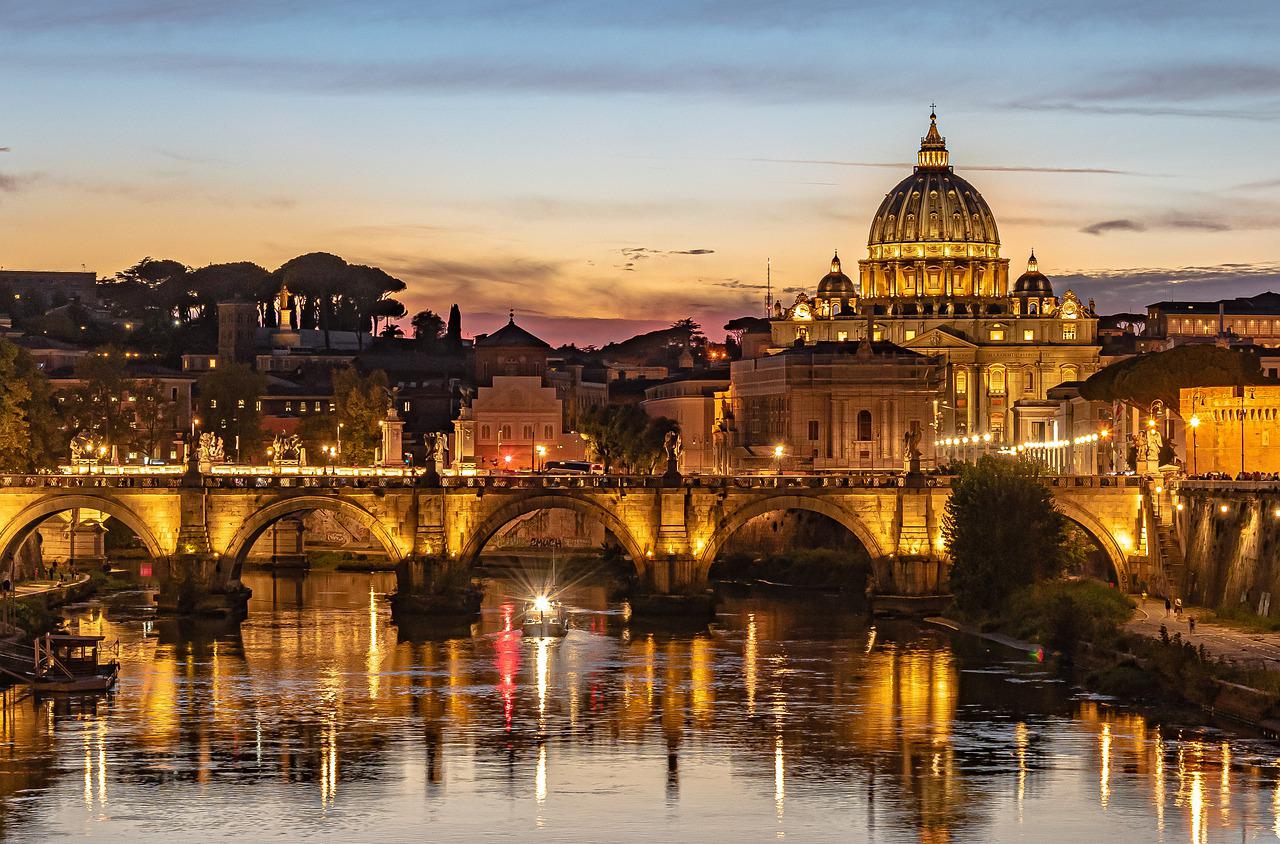
Synods aren't a new invention in the church. The word means "meeting," and church leaders have always gathered in regions or by country to discuss matters relevant to their territory and times.
However, the World Synod of Bishops (currently in listening sessions from 2021-2023) is a relatively new animal on the ecclesial scene—a mere half-century old. Pope Paul VI called for its permanent establishment as a consultative body to the papacy in 1965 with the papal letter Apostolica Sollicitudo ("Apostolic Concern"). To say Paul VI invented the idea—as the letterhead Motu Proprio ("on his own initiative") might imply—is misleading. The creation of a Bishops' Synod was mandated by the Decree on the Bishops' Pastoral Office, a Vatican II document produced the same year. As the Decree notes, while the pope has primacy over the Church universal, he shares his authority "by the Holy Spirit" with other "pastors of souls": AKA, bishops worldwide. [Christus Dominus, no.2]
If the bishops sound a bit cranky here, they had reason. Not every pope has been respectful of the collegiality of their office. In fact, the word collegiality is a third rail in Vatican politics. How can one hold "primacy" and share authority in any meaningful way with bishops who are "constituted true and authentic teachers of the faith and have been made pontiffs and pastors" in their own right? [CD, no.2]
The bishops' mandate for a seat at the table of discernment wasn't ambiguous: "Bishops chosen from different parts of the world in a manner and according to a system ... to be determined by the Roman Pontiff will render ... a more effective auxiliary service in a council which shall be known by the special name of Synod of Bishops." [CD, no. 5] The pope is graciously permitted the task of figuring out how it all should work. But establishing the Synod was non-negotiable.
The actual role of a Bishops' Synod remains unclear. Some popes view it as an advisory body and ignore its recommendations. Others take its counsel to heart. What Pope Francis will do with the present "Synod on Synodality" remains to be seen. This two-year process of listening begins at the diocesan and parish levels: a rare inclusion of lay concerns. The Synod is called a gift and a task, a journey and a reflection, to discern where the Church should focus to "live communion, achieve participation, and open Herself to mission" in the third millennium. Will this process lead to more than documents? Let us pray.
Scriptures: Numbers 11:16-17, 24-30; Matthew 18:20; 1 Thessalonians 5:19-24; 1 Timothy 1:5-7; 3:1-7; 2 Timothy 2:14-15, 23-26; 3:16-17; 4:1-5
Website: For a Synodal Church: Communion, Participation, and Mission: https://www.synod.va/en.html
Book: Your Church Wants to Hear from You: The Synod on Synodality, by Michael Sanem (Liturgical Press, 2022)





